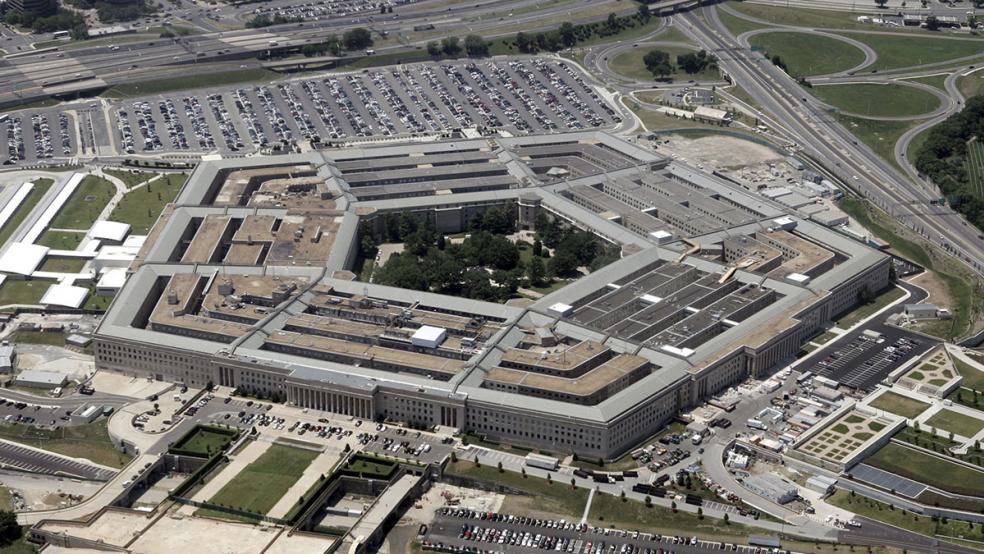The Senate and House Armed Services Committees have reached an agreement on a $716 billion National Defense Authorization Act for 2019, Stars and Stripes reports. The House could vote on the massive defense package as soon as this week and the Senate is expected to take it up in August. Lawmakers say they are confident they will pass the NDAA before the 2019 fiscal year begins in October, but there are still concerns about passing a separate appropriations bill on time.
The NDAA resolves dozens of differences between House and Senate versions of the defense spending package and touches on numerous sensitive policy areas, including relations with Russia and China. Perhaps most notably, the bill would prohibit the transfer of F-35 stealth jets to Turkey until Congress provides an analysis of that country’s participation in the program and the effects of removing it from the plane’s international supply chain. In addition to growing concerns about Turkey’s increasingly authoritarian political practices, some lawmakers are worried that the country’s purchase of S-400 anti-aircraft missiles from Russia could damage the F-35 program by providing intelligence about the plane’s stealth capabilities to the Russian military.
A member of NATO since 1952, Turkey is one of nine partners in the F-35 program and has invested more than $1 billion in the plane’s development. At least 10 Turkish companies are producing parts for the jet, Bloomberg reports, and the country plans on buying 100 aircraft.
Defense Secretary James Mattis has opposed halting deliveries of the F-35 to Turkey and warned that removing the country from the program would drive up costs and slow production. “If the Turkish supply chain was disrupted today, it would result in an aircraft production break, delaying delivery of 50-75 F-35s, and would take approximately 18-24 months to re-source parts and recover,” Mattis said in a letter to lawmakers.
Another defense program that doesn’t do well in the NDAA is President Trump’s “Space Force.” The spending agreement asks the defense secretary to write a report on how the Pentagon would handle space warfare but provides no funds for a new branch of the military, according to Breaking Defense.




